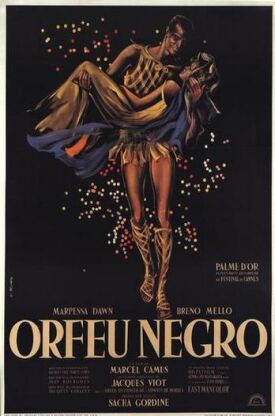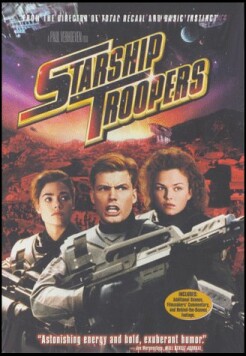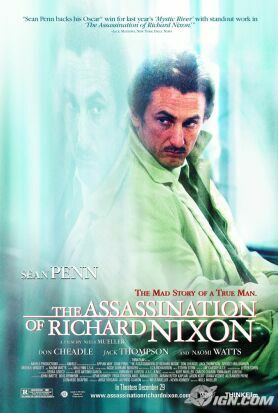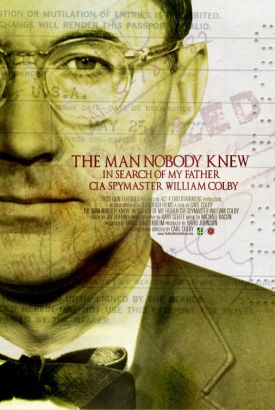Playing God
Playing God, directed by Andy Wilson and written by Mark Haskell Smith
is yet another example of the work of the Taranteenies, those hip young
filmmakers who have dominated creative thinking in Hollywood for the past three
or four years, in the wake of Quentin
Tarantino’s success with Reservoir
Dogs and Pulp Fiction.
You’d think that by now some new
fashion would have taken over, but there are powerful reasons why this style of
filmmaking hangs on, and may do so for years to come. One is that audiences are jaded with action films, policiers, neo-noir and all the rest of it.
We’ve seen it all. It is not possible
not to produce a cliché the moment you include in your film a cop, or a
drug dealer, or a criminal mastermind, or a serial killer, or a terrorist, or
(as here) an anti-hero doctor who has lost his license for losing a patient
under the knife while high on drugs. So you have to make a clever, postmodern
virtue of the cliché instead of avoiding it.
Thus the druggie doctor, Eugene Sands (David Duchovny) is doomed to
overfamiliarity even before the film begins. In the same way, its plot (insofar
as it can be said to have a plot) is doomed to implausibility. Messrs
Wilson and Smith do not bother themselves about these disadvantages to their
mise en scene. Like Mr Tarantino, they glory in them. They turn them to
advantages by concentrating on witty dialogue and other forms of cinematic
nudges and winks to remind us that they know we are in the know. There is no way
that such characters and situations can be made to look anything like reality,
so instead they are made to look like movie-land. Is the FBI man (Michael
Massee) exactly the same mixture of dunderhead and weasel as every other FBI man
you have seen in the movies for the past four years? So what!
Don’t you see that
that’s the charm of him!
He’s there solely as the foil for
Duchovny’s melancholy doctor, and can
hardly set him off if he becomes too interesting himself.
Meanwhile, Duchovny is amusing not because of his doctor-shtick but because
of his “Red Shoe
Diaries” shtick. Only now, instead of
pitching soft porn on HBO, he is pitching existential angst and rueful,
Hemingway-style anti-heroism on the big screen.
It’s a good fit. The bogus
portentousness of the one suggests the bogus portentousness of the other. It was
probably only copyright problems that prevented Touchstone from hiring Stella,
the dog, as well as Mr Duchovny, so that he could tell her about how, when your
life is as messed up as his, you don’t
mind so much as an ordinary person would when you are kidnapped by
“a couple of guys who look like
Metallica rejects.” Or about the
temptations to which you are subject.
“It’s
an old story. . .the choice to be a slave in heaven or a star in hell. . .and
hell does not always look like hell. On a good day, it can look a lot like L.A.
Right, Stella?”
“Arf.”
Likewise, Timothy Hutton has finally left adolescence and become a
horrifyingly ruthless villain, given to uttering funny lines like,
“You know, Eugene, you have to embrace
your criminal self.” But would he have
been half so entertainingly nasty a villain if he
hadn’t been playing gentle and
sensitive teenagers since the time when he was a teenager? His screen
persona brought to this role is like his epicene appearance and the name he is
given—Raymond Blossom—a joke designed to titillate the palate of the
jaded movie-goer.
It’s all in the casting, you see.
The third principal part here is played by Angelina Jolie, most recently seen as
the second Mrs George Wallace on Showtime. But she
doesn’t bring with her, as the other
two do, a type to play against for the amusement of us sophisticates. Instead,
with her heavy makeup and bee-stung lips, exaggerated to the point of
caricature, and her chic outfits, she is oracular Barbie: the perfect sex-object
rendered utterly sexless. She has the
bad-guy’s number;
she’s in touch with the Feds; it is
her absolution Dr Sands must seek, and she becomes the uncomplaining
victim of the promiscuous gunplay around her. She is Beatrice or Gretchen in
lipstick, the ewige Weibe with attitude — just as Duchovny is a
regretful Faust in blue jeans and Hutton a boyish Mephistopheles, hoping to
charm his way into a parole from hell.
None of this bears any relation to anything recognizable as reality, but
you’ve got to admit that Wilson and Co
are juggling the archetypes with an engaging brio. The real question is,
is it worth $7.50 to watch them at it? Not of my money.
Discover more from James Bowman
Subscribe to get the latest posts to your email.






